With the growing concern for environmental sustainability and the need to reduce greenhouse gas emissions, electric vehicles have emerged as a promising solution for the future of transportation. In this article, we will delve into the various aspects of electric vehicles (EVs) and explore their potential impact on the automotive industry, the environment, and society as a whole.

As per data from The International Energy Agency (IEA), the year 2021 witnessed a significant surge in electric vehicle sales, almost doubling the figures from 2020 to reach a remarkable 6.6 million units sold, constituting nearly 9% of total vehicle sales globally. This surge brought the total number of electric cars on the roads to approximately 16.5 million. It’s important to note that hybrid electric vehicles (HEVs), which can operate on both gasoline engines and electric power, were not included in this count.
While these numbers may seem modest, industry analysts project a rapid acceleration in the adoption of electric vehicles. True Car, a digital car sales marketplace, forecasts an unprecedented increase in the availability of EV models, with over 100 electric vehicle models expected to hit the market by the end of 2024. Moreover, according to Protocol, the proportion of electric cars compared to traditional petrol and diesel vehicles is anticipated to rise steadily over the coming years:
By 2025, electric cars sales could represent up to 20% of new car sales.
By 2030, electric cars sales might capture 40% of new car sales.
By 2040, electric cars sales could potentially dominate nearly all new car sales.
These projections underscore the growing momentum towards electrification in the automotive industry and highlight the increasing consumer interest and acceptance of electric vehicles as a viable alternative to conventional internal combustion engine vehicles.
Advancements in Electric Vehicle Technology
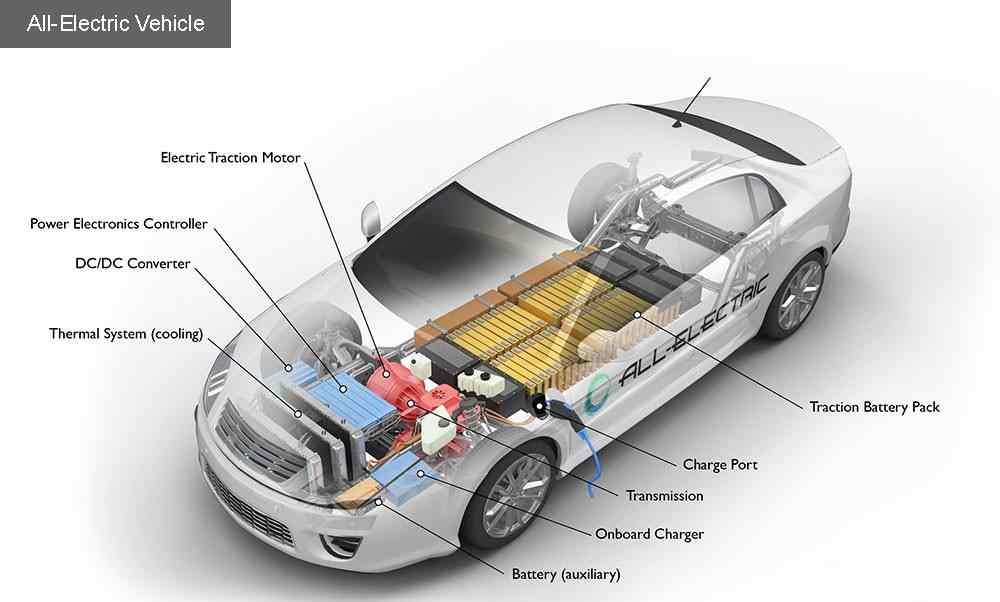
Electric vehicle (EV) technology has witnessed remarkable advancements in recent years, driving the transformation of the automotive industry towards sustainability and innovation. From improvements in battery technology to enhancements in drivetrain efficiency, these advancements have significantly contributed to the widespread adoption of EVs worldwide.
A significant focus of innovation within electric vehicle technology lies in the development of battery technology. Manufacturers have been investing heavily in research and development to improve the energy density, durability, and charging speed of batteries. Lithium-ion batteries, which are commonly used in electric vehicles, have undergone significant enhancements, leading to increased driving range and shorter charging times. Additionally, advancements in battery management systems have improved the overall efficiency and performance of electric vehicles.
Another notable advancement in electric vehicle technology is the development of electric drivetrains. Electric motors are inherently more efficient than internal combustion engines, providing instant torque and smoother acceleration. Manufacturers have been refining electric drivetrains to optimise power delivery and improve overall driving dynamics. This has resulted in electric vehicles that offer exhilarating performance while maintaining high levels of efficiency. Additionally, the integration of artificial intelligent technologies and connectivity features has completely transformed the driving experience for electric vehicle users.
Environmental Benefits of Electric Cars
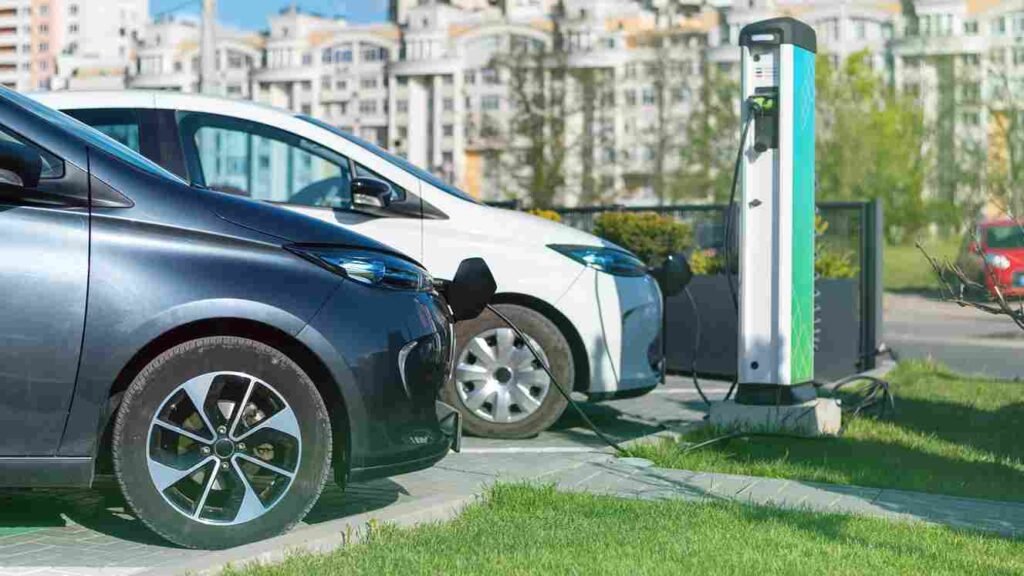
Electric cars offer a range of environmental benefits that make them a compelling choice for eco-conscious consumers. These benefits stem from their zero-emission operation, which helps to reduce air pollution and mitigate the impact of climate change. One of the primary advantages of electric cars is their ability to produce zero tailpipe emissions. Unlike traditional internal combustion engine vehicles, which emit harmful pollutants such as carbon dioxide, nitrogen oxides, and particulate matter, electric cars run on electricity and do not produce any exhaust emissions during operation. This reduction in air pollution helps to improve air quality in urban areas and reduces the health risks associated with breathing polluted air. Electric cars offer a range of environmental benefits that make them a compelling choice for eco-conscious consumers. These benefits stem from their zero-emission operation, which helps to reduce air pollution and mitigate the impact of climate change. In addition to reducing air pollution, electric cars also contribute to the fight against climate change. The transportation sector is a significant contributor to greenhouse gas emissions, with cars and trucks accounting for a large portion of these emissions. By transitioning to electric vehicles powered by clean energy sources such as wind, solar, and hydroelectric power, we can significantly reduce our carbon footprint and mitigate the impacts of climate change. Another environmental benefit of electric cars is their potential to support renewable energy integration. Electric vehicles can serve as a valuable resource for storing and managing electricity from renewable sources such as solar and wind power. Through vehicle-to-grid (V2G) technology, electric cars can charge during periods of low demand and discharge electricity back to the grid during peak demand, helping to balance the grid and increase the reliability of renewable energy sources.
Economic Impact of Electric Vehicles
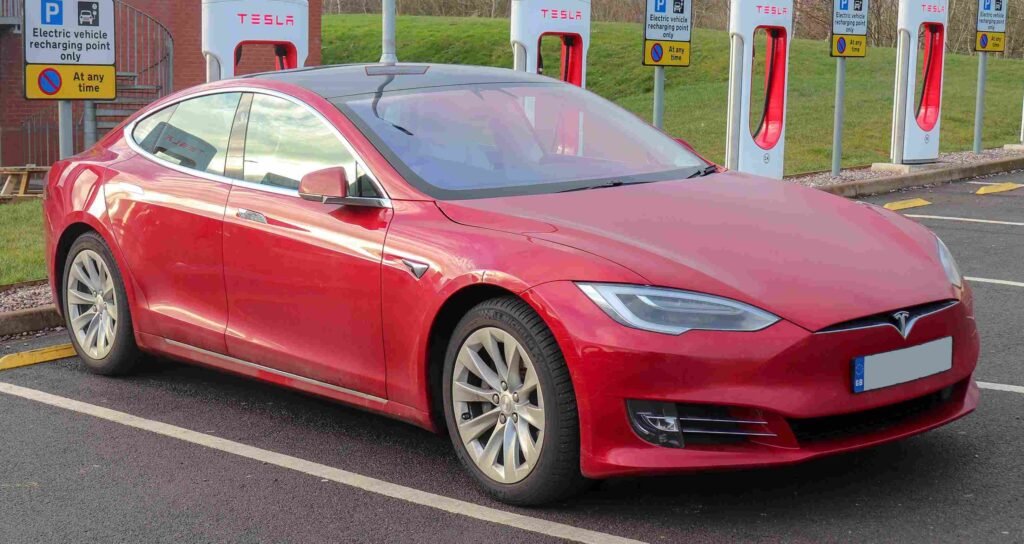
The rise of electric vehicles (EVs) is not only reshaping the automotive industry but also having a significant impact on the economy at large. This impact can be observed across various sectors, from energy and transportation to manufacturing and job creation. One of the most notable economic impacts of electric vehicles is the reduction in reliance on fossil fuels. As EV adoption increases, there is a corresponding decrease in the demand for traditional petrol and diesel vehicles, as well as the fuels they require.
This shift away from fossil fuels towards electricity as a primary energy source has the potential to reduce import dependency on oil-producing countries, thereby enhancing energy security and reducing trade imbalances. Moreover, the transition to electric vehicles is driving investment and innovation in renewable energy technologies. With the need to charge EV batteries using clean energy sources, there is a growing demand for solar, wind, and other renewable energy sources. This, in turn, is creating new opportunities for investment in renewable energy infrastructure and driving down the cost of clean energy technologies. The economic impact of electric vehicles is also evident in the automotive industry itself. As traditional car manufacturers pivot towards electrification, there is a surge in demand for electric vehicle components such as batteries, electric motors, and power electronics. This has led to the establishment of new supply chains and manufacturing facilities focused on producing these components, stimulating economic growth and job creation in regions where these industries are located.
Furthermore, the adoption of electric vehicles is driving investment in charging infrastructure. Governments, businesses, and utilities are investing in the deployment of charging stations to support the growing fleet of electric vehicles on the road. This infrastructure investment not only creates jobs in construction and maintenance but also supports local businesses and tourism as electric vehicle owners spend time and money in areas with charging infrastructure.
Challenges and Opportunities
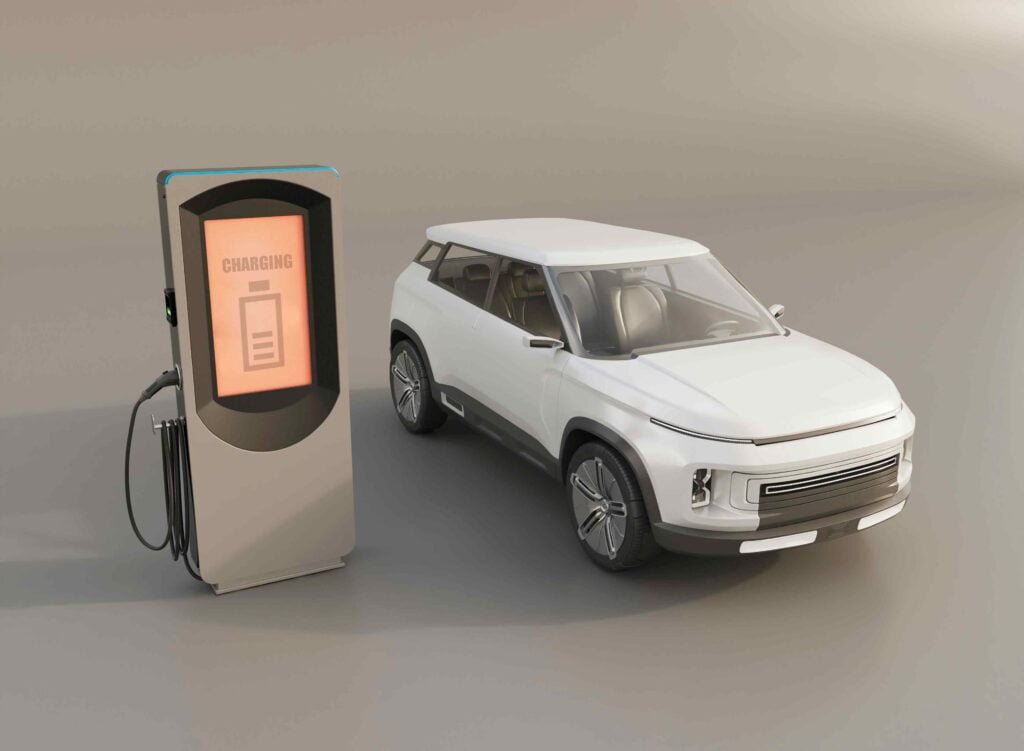
Despite their numerous benefits, electric cars face certain challenges, such as limited driving range, longer charging times, and the availability of charging infrastructure. However, with advancements in battery technology and the growing investment in EV infrastructure, these challenges are gradually being addressed. Additionally, the rise of electric vehicles presents lucrative opportunities for businesses and investors involved in renewable energy, battery manufacturing, and electric vehicle charging infrastructure.
Conclusion
In conclusion, the future of electric cars looks promising. With ongoing advancements in technology, increasing environmental awareness, and government initiatives to promote electric vehicle adoption, EVs are poised to revolutionize the transportation sector. By embracing electric vehicles, we can create a cleaner, greener, and more sustainable future for generations to come.
FAQs
A: Post-2024, electric vehicles (EVs) are anticipated to witness significant advancements in battery technology, range, charging infrastructure, and vehicle performance. Innovations may include longer-lasting batteries, faster charging times, and enhanced autonomous driving capabilities.
A: Government policies and regulations are instrumental in driving the adoption of electric vehicles. Post-2024, policymakers are expected to introduce incentives, mandates, and regulations to promote EV adoption, encourage investment in charging infrastructure, and mitigate environmental impacts associated with transportation.
A: Electric vehicles offer a promising solution to mitigate greenhouse gas emissions, reduce air pollution, and promote environmental sustainability. By transitioning from fossil fuel-powered vehicles to electric alternatives, society can make significant strides towards achieving climate targets and preserving natural ecosystems.
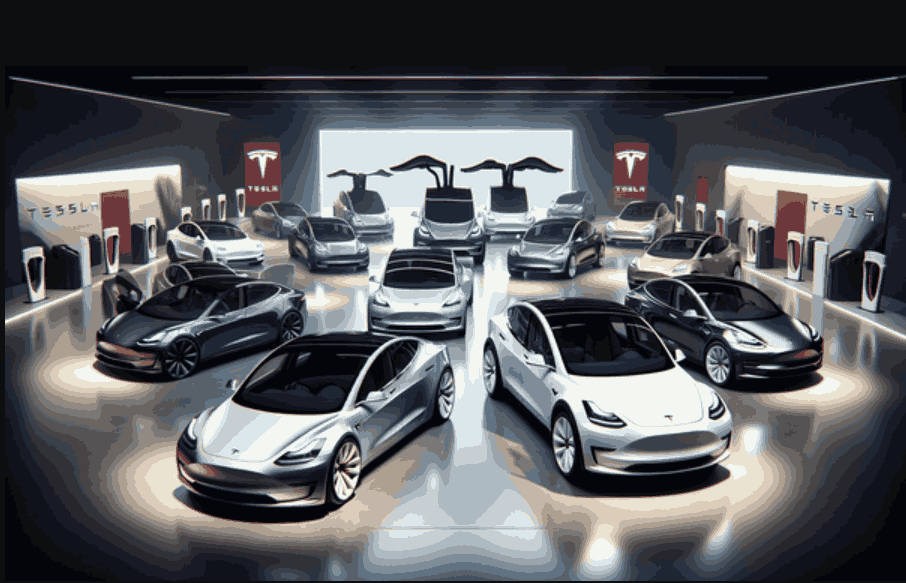
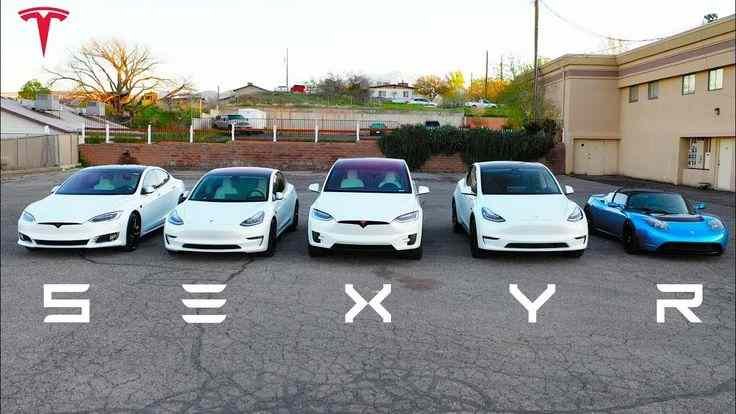
Outstanding post however , I was wanting to know if you could write
a litte more on this topic? I’d be very thankful if you could elaborate a little bit more.
Cheers!
thankyou for your comment, sure i am writing much more on this topic, please subscribe it for more article
Pingback: 2024 Tesla Cybertruck: A Futuristic Marvel - Electric Vehicle Buzz